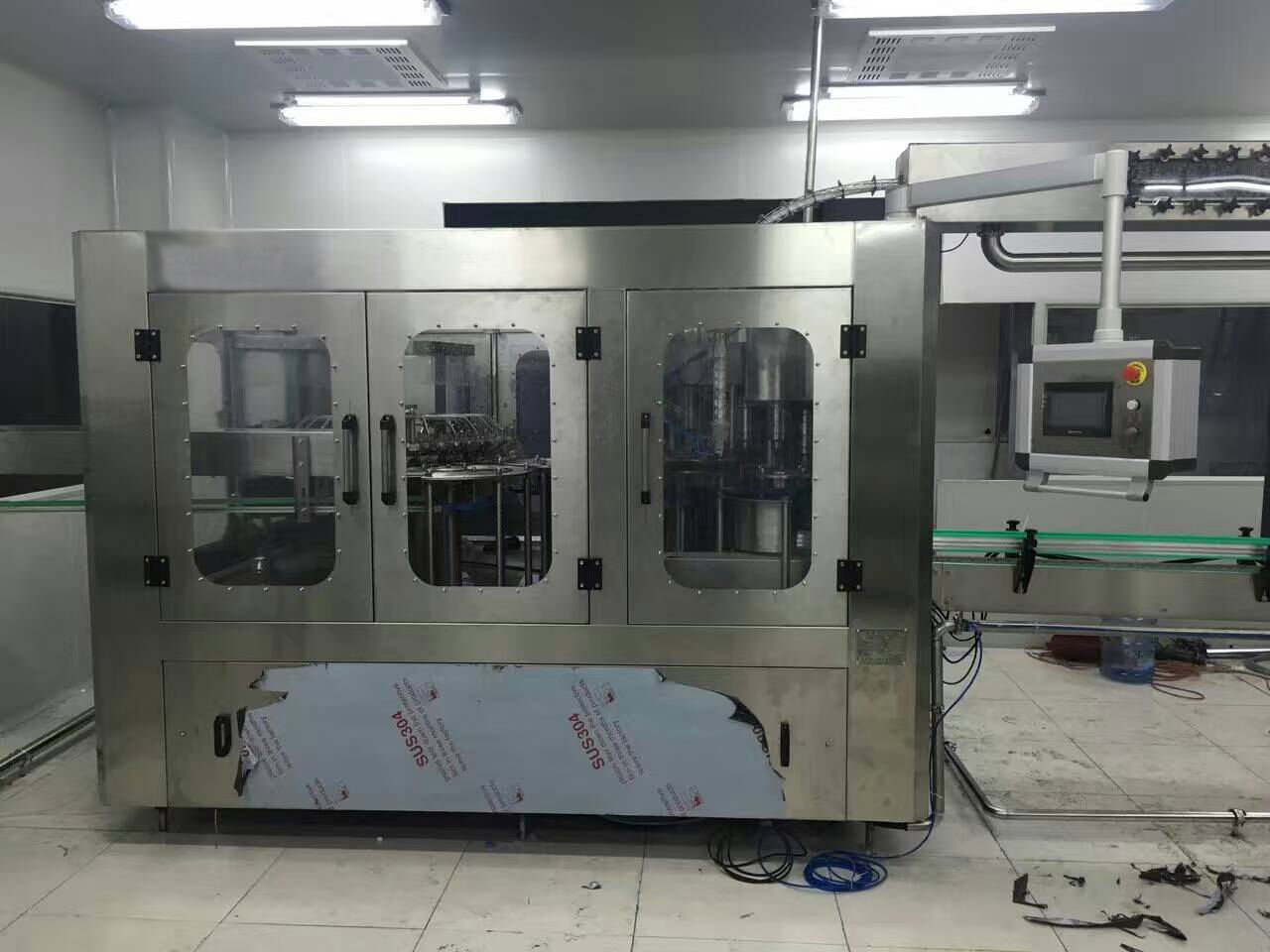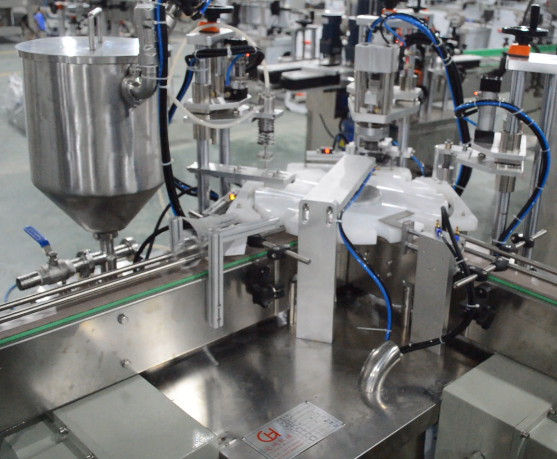liquid filling
The liquid filling process is a crucial aspect of packaging and manufacturing industries, designed to accurately and efficiently fill containers with liquids of various viscosities. At its core, the main function of a liquid filling machine is to ensure consistent and precise volume measurements while minimizing product waste and spillage. Technological features of these systems often include programmable logic controllers (PLCs) for customization, touch screen interfaces for ease of use, and advanced flow control mechanisms to accommodate a wide range of products. Furthermore, liquid fillers come with different types of nozzles and filling valves to suit various container shapes and sizes. Their applications span across industries such as pharmaceuticals, food and beverage, cosmetics, and chemical manufacturing. These machines enhance productivity, reduce labor costs, and ensure uniform product quality.


